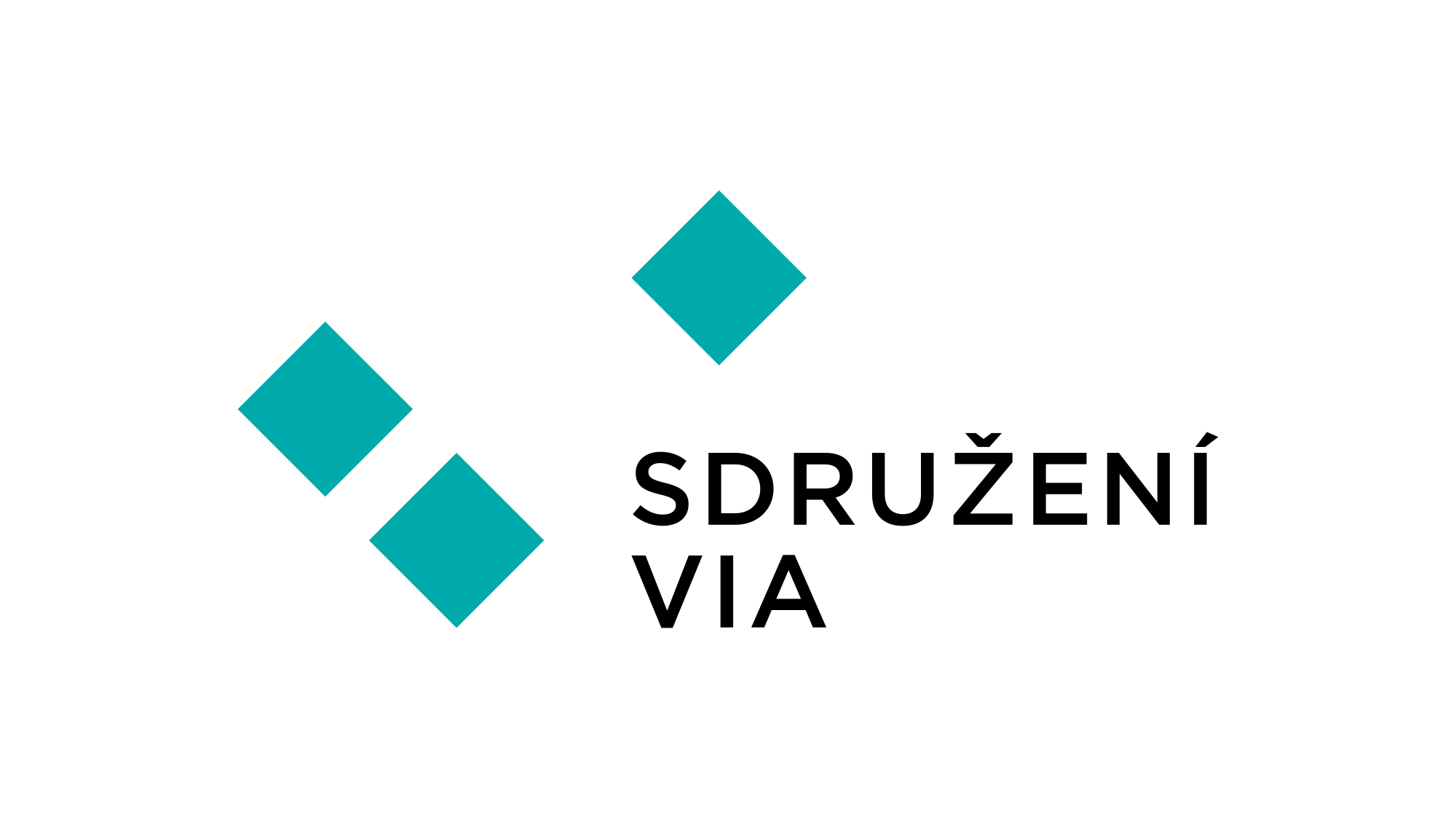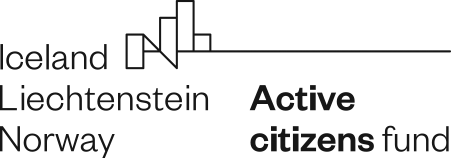In the spring months of 2023, in collaboration with the Open Society Fund Prague, we conducted a survey on the state of digitization and IT in the Czech nonprofit sector. The questionnaire was completed by 634 nonprofit organizations from across the Czech Republic.
What are the key findings? Nearly half of Czech nonprofit organizations lack resources for adequate hardware. Outdated computers and other devices hinder organizations from harnessing the full potential of modern technologies, making their work costly and inefficient. Senior managers often lack knowledge and experience in digitization and leveraging the potential of technology. As a result, organizations expose themselves to security risks, and the overall sector’s development is slowed down.

What We Found
A wide range of nonprofit organizations from across the Czech Republic participated in the survey, including organizations involved in health and social services, sports and social activities, and libraries. „The questionnaire was filled out by both the largest Czech nonprofit organizations and small regional associations and volunteer groups. Our network of nonprofits, social media, and various associations and umbrella organizations helped us reach out,“ says our director, Radka Bystřická. The questionnaire followed up on the year 2021, when the first edition of the survey on the technological state of the sector was conducted. This year, as in 2021, the Open Society Fund Prague also contributed to the survey. „Our involvement in the survey is logical. It is important for us to know the needs of the Czech nonprofit sector, and our support, whether financial or advisory, is based on current data. We aim where it is most needed,“ says Barbora Hořavová, Operations Director of the Open Society Fund Prague. The survey was financially supported by Google Czech Republic, the Active Citizens Fund program. The Ipsos agency helped with the processing of survey data.
Financial Constraints Limit Adequate Hardware
Almost half of the surveyed organizations in the questionnaire stated that they do not have enough funds to purchase appropriate computers, mobile devices, and other equipment. Nonprofits often rely on the personal computers of their employees or volunteers, exposing themselves to the risk of data leakage or complete loss. The lack of quality devices also prevents the use of the latest software, which is often incompatible with older computers. „We hear daily about the need for the digitalization of organizations, society, and the state. However, few realize that achieving the desired level of digitalization is difficult without quality or at least good equipment. Nonprofit organizations are a prime example,“ explains Bystřická. „We operate on old, vulnerable hardware that absolutely does not meet the needs of our organization,“ confirms one of the survey respondents.
Lack of Knowledge and Experience in Digitalization among Management
Financial constraints are also reflected in the knowledge and experience of managers and employees. The availability of education in digital competencies is limited and financially inaccessible for most organizations. Nonprofits lack an IT departments or IT administrator, a luxury only the largest organizations can afford. „If an organization already has the financial means to collaborate with external or even internal IT, its management often lacks an understanding of available options and cannot evaluate the benefits of implementing individual systems. They simply struggle to decide where to invest and in which direction to develop. The current world is driven by process automation and artificial intelligence, but nonprofits often lack even the basic digital infrastructure,“ says Bystřická. „We don’t know how to set rules and processes for backup, secure document sharing with people outside the organization, or the behavior of people within the team. There are no internal regulations like those for occupational safety“ confirms one of the surveyed organizations. According to the questionnaire, only 4% of those surveyed have a digital strategy in place.
Cybersecurity Threats Affect Nonprofits
The aforementioned issues also negatively impact the level of IT security, which has hardly improved compared to the 2021 survey data. The survey revealed that only just under a third of respondents have written security rules, 13% of organizations do not address data leakage at all, and more than half of nonprofits lack a central system for storing and managing passwords. „Nonprofits expose themselves to a range of security risks, often stemming from a lack of funds, poor hardware, but also from gaps in knowledge and competencies,“ describes Bystřická. A total of 7% of organizations completely rely on personal software used by employees or volunteers. Hoping to save costs, respondents often use outdated or home editions of systems and programs, which have lower security levels. More than half of those surveyed use open chat platforms like WhatsApp or Facebook Messenger for team communication, which lack the security and administrative features necessary for efficient and, above all, secure team communication. Almost half of the respondents have encountered some form of cyberattack (spam, viruses and trojans, or intrusion) in their organization.
Inadequate Digitalization Disadvantages the Sector
The nonprofit sector has long suffered from underfunding, which is also reflected in the state of digitalization and IT. „Nonprofit organizations are an essential part of democratic civil society. They help everyone regardless of their background in areas that the state does not want or does not have the capacity to enter: social services, healthcare, education, culture, work with minorities and disadvantaged groups, or community life. However, if they lag behind in digitalization compared to the rest of society, their work will become more difficult, processes will be inefficient, and they may even endanger important data, which will weaken their position, service offering, and potentially put clients at risk. This could have an impact on society as a whole,“ warns Barbora Hořavová of the Open Society Fund Prague. „Basic steps towards digitalization are often cheap and simple, but managers often lack a basic orientation in the subject. Therefore, it is essential to educate and strengthen the digital competencies of management and employees,“ concludes Bystřická.
Survey Results for Download
Recommendations
Based on the data from the questionnaire and our own experience in supporting digitalization in the nonprofit sector, we see three key areas in which nonprofit organizations need support to improve the overall situation and effectively utilize technology.
Infrastructure Development
Many organizations still lack basic infrastructure on which they can build their digital operations, ranging from inadequate hardware to the absence of shared storage or the use of inappropriate systems. Without this foundation, it is not possible to use more advanced systems such as CRM or implement automation. There are very few organizations that are prepared for large technological projects. If we want to advance the entire nonprofit sector, it is necessary to invest in things like cloud migration, CRM implementation, and other similar ventures.
Digital Assesment and Digital Strategies
Organizations need assistance in assessing their current status of IT infrastructure, the tools they use, and whether their systems truly support the organization’s processes. Based on this audit, organizations can then define their digital strategy. It doesn’t have to be a complex and comprehensive strategy – what’s important is to define the steps, priorities, and expected impact of these actions. Organizations themselves list the creation of a digital strategy and the need for IT audits among the main areas where they need to invest.
Development of Digital Management Competencies
To enable organizations to effectively build their infrastructure and implement their digital strategies, it is necessary to strengthen their digital management competencies and capacities. On one hand, this involves educating the leadership of organizations about the basic overview of IT infrastructure and the market, as well as enabling them to articulate their needs and evaluate the impact of digital projects on their organization. An important component is also education in the field of change management with a focus on the specifics of digital projects. Also, organizations need assistance in ensuring that they have the necessary individuals with the capacity to focus on digital development within the organization.
How Can You Help?
Are you interested in helping the nonprofit sector in its development, are you interested in the topic of digital transformation, and do you see value in supporting digitalization? Feel free to contact us, and we would be happy to discuss the options for how you can get involved, whether you’re an individual, a company, or a foundation.
Who Was Involved in the Survey
VIA Association is a nonprofit organization that builds the technological capacities of Czech nonprofit organizations and public libraries, by providing access to software, hardware, IT services, and related education. Thanks to this, these organizations achieve their goals and fulfill their missions more effectively and easily. VIA Association is the Czech representative for the TechSoup Global Network.
It operates also an expert volunteering portal Um Sem Um Tam, organizes educational events and in recent years has also actively begun to engage in strengthening digital literacy and combating disinformation.
Open Society Fund Prague is a Czech foundation with a thirty-year history. Its mission is to strengthen open society and democracy in the Czech Republic: it supports and educates civil society and develops a state where everyone has equal opportunities and engages in their surroundings. The foundation addresses sensitive and neglected topics and, together with donors, looks for active citizens who will further develop them. During its operation,
the Open Society Fund has supported more than 10,000 projects of Czech nonprofit organizations and individuals with an amount exceeding 80 million EUR.
Google Czech Republic is a part of the global technology company Google, whose mission is to organize information from around the world so that it is universally accessible and useful. Google Czech Republic focuses on providing top-notch internet services for Czech users and has been actively engaged in supporting digitalization processes in the Czech Republic since its inception. The Google Czech Republic team actively collaborates with local partners, supports the development of startups, and digital education.
Ipsos Agency has been operating in the Czech Republic since 1992 and is the largest research agency in the country. It conducts market research and public opinion surveys, carries out both quantitative and qualitative research, organizes activation workshops, professional seminars, and also provides consulting services. It is part of the global Ipsos network, actively collaborating with branches in 90 countries around the world.




